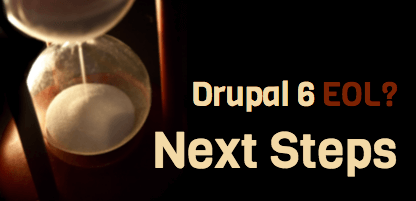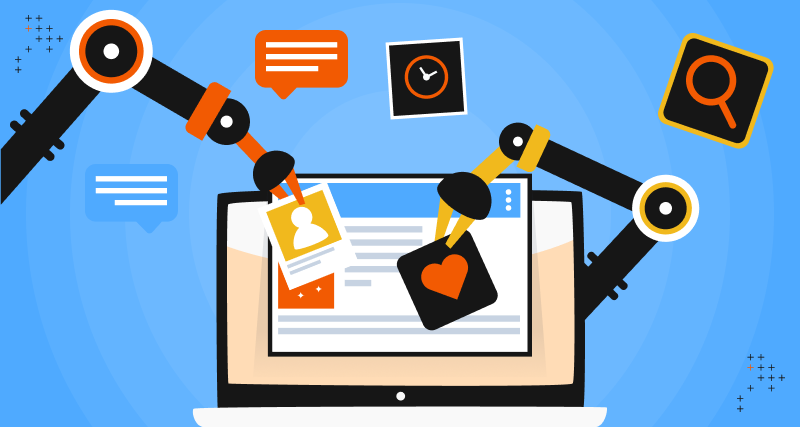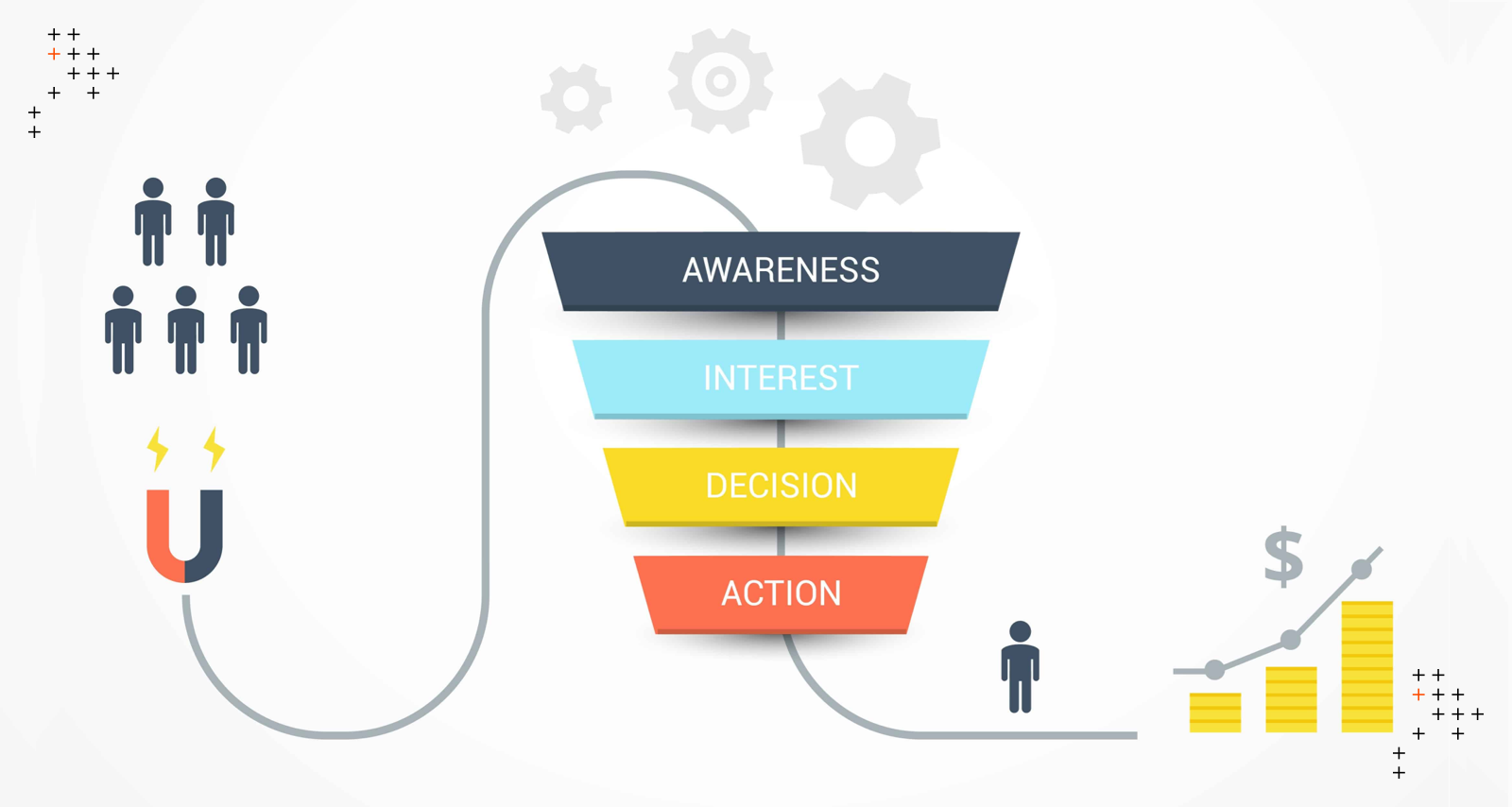Introduction
Don't some Drupal 6 EOL announcements read like obituaries? For some site owners, it's a severe loss. This past February 24th, the Drupal community announced Drupal 6 EOL and Drupal 6 LTS. What this means to you is a decision that has to be made. And it involves change.
We all know that in the Software Engineering industry only one thing is constant, and that’s change. Drupal 6 was launched in 2008 with lots of new features. Consider this: as of today, it's still powering 111,082 sites.
But we're still at EOL. End of life means, if you are running Drupal 6 site, you won’t be receiving any security updates or patches. From here on out your site is vulnerable to various security attacks and 0-day exploits.
If your website is popular, it means more hacking attacks are likely. Furthermore, it’s not likely that there will be any official commits on Drupal’s 6.x branch as there won’t be any more community driven work. Project pages of all Drupal 6 project pages will be marked as unsupported.
Wait hold on, so it is not going to be entirely abandoned. It’s just that community support is ending.
Fortunately for those that stay on D6, the Drupal Security Team will provide ways for collaboration in the private security issue queue to continue developing updates. If servers aren’t upgraded by the hosting provider or your IT team, D6 sites will still run. Don't worry, everything isn't going to blow up and crash.
But let’s go into what actions that you can take as a site owner.
Migration Post Drupal 6 EOL: Options?
To keep your site running and secure, this is the first and most feasible way to select. You can migrate your site to Drupal 7 or the most recent and sophisticated Drupal 8 version. Are you ready for migration?
Ideally, when you perform major version upgrade you should verify below steps:
1. What functionalities are you planning to migrate?
You should closely review your current site and identify how it’s functionality should be migrated/implemented to Drupal 8. This study will address real bottlenecks for your upgrade procedure.
2. Is it the right time to upgrade?
One of the strengths of Drupal is its contributed modules. Analyze the contributed modules of Drupal 6 and check major functionality modules are ready for Drupal 8 or are you willing to invest in module port?
3. Business needs and your current site—do they match?
Review all the business use cases of the site and verify functionality for particular roles. Check whether those features are regularly used or what latest Drupal 8 can provide for those features. Apart from that cross check whether all the features are extensively used by end users or moderators. Check modules listing and confirm if few of modules are disabled or no longer needed so you can plan to drop those modules.
Going From Drupal 6 EOL to Drupal 7 or mobile, global Drupal 8
Drupal 8 has good support for D6 to D8 migration. The Migrate API has moved to the core so that you can quickly migrate your D6 content and configuration to D8 core based upon the complexity of a site.
Migrate module of Drupal 8 core allows to perform site upgrades using its migrate API and web interface. Apart from that, you can write your custom script for complex use cases. Apart from that Drupal 8 has other 200+ more new features. See the Drupal 8 introduction.
Most used, Drupal 7 also provides migration related modules, but they are part of contributed modules. You can rebuild the site in D7 and migrate content as it is using these modules. Drupal community will continue to support Drupal 7 until Drupal 9 will release. Which will take around 2-3 years or so. You can see in below statistics that today there are millions of sites running Drupal 7. So this can also be a good choice for you.
This conversion update will take around 2-3 years or so. You can see in below statistics that today there are millions of sites running Drupal 7. So this can also be a good choice for you.

Here are 3 reasons why you should upgrade your Drupal 6 website soon.
Alternatives to Migration
In any case, if you don’t want to migrate since Drupal 6 EOL, and you've decided to keep using D6, then you need to take various precautions to keep your site up and running.
In this case, there is an alternative to hiring some expert Drupal development firm for support. In January 2016, Drupal community has listed various D6 long term support vendors. We encourage you to engage one of those companies to help pay for their work writing security patches.
Apart from that, you will also have to deal with various hosting providers. When they update their PHP version, it probably will cause issues with Drupal 6. D6 may not work correctly with latest PHP versions. Keep this in mind.
At Axelerant, we have successfully executed migration of various projects from Drupal 6 to Drupal 7 version. You can reach out to us for upgrading your site to Drupal 8 or Drupal 7. We have recently migrated and launched Legacy.com, a top 50 U.S website.
Reference


 We respect your privacy. Your information is safe.
We respect your privacy. Your information is safe.



Leave us a comment